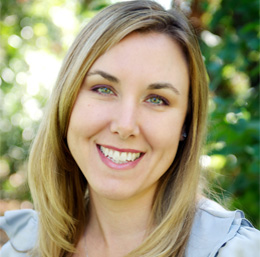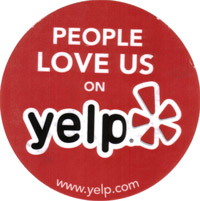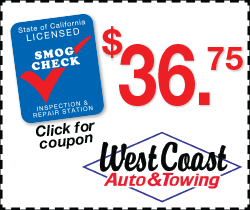Why are Yelp business reviews filtered?
Access Publishing presents analysis from four years of helping small businesses with online marketing

Beth Brennan, an Internet Marketing Specialist and owner of Access Publishing
Local online marketing company Access Publishing, owner of this newspaper, recently released an analysis to help business owners understand why Yelp reviews were filtered.
“We frequently get calls from businesses having problems with Yelp reviews,” says Beth Brennan, an Internet Marketing Specialist and owner of Access Publishing. “Where did all my Yelp reviews go?” is a common question. With four years of extensive experience in online marketing and helping businesses work with Yelp’s policies and guidelines, Access Publishing helps explain how reviews get filtered.
“Yelp’s goal is to create a good user experience with honest evaluations of local businesses to help consumers make informed buying decisions, Brennan says. “Like all social media and online review sites, Yelp uses computer algorithms to help it sort through reviews. Seldom does a real Yelp employee look at them. The algorithm automatically filters out about 20-percent of the reviews it receives from its estimated 78 million monthly users, by our estimates.”
So, why are Yelp reviews filtered?
There are many factors that contribute to Yelp’s decision to filter a review. Think of each of these factors as contributing to a quality score of the review, Brennan says. The higher the score, the more authentic the review, and the more likely it is to be seen. According to Access Publishing, here are factors Yelp considers in scoring reviews:
- Is there a cluster of reviews just written? Multiple reviews posted on the same day or even same week appear to raise a red flag to the algorithm.
- How long has the author been a member? If the author just joined this week, the review is more likely to be filtered. A long-time Yelper carries a little more weight.
- How many reviews has the author written? The more reviews an author has written, the more weight their reviews carry. Yelp tends to like active users and to filter infrequent users.
- Does the author have a complete profile? The more complete an author’s profile, the higher the quality score. A good profile has a photo with a face, a real name, and most of the profile questions answered.
- How many friends does the author have on Yelp? The more friends the author has, the better.
- Is the review a five-star or a one-star review? “Raving fan” and “upset customer” reviews tend to get more scrutiny when it comes to Yelp’s filter.
- Were the reviews drafted on the same computer? Yelp is looking to the email addresses and IP addresses of users and lowering the quality score of reviews coming from the same place. They are looking for evidence of existing relationships between authors and considering that as a factor.
- Were the reviews solicited? Yelp discourages the solicitation of reviews. One indication a review is solicited is when a visitor follows a URL link that goes directly to the business profile.
- Are there more reviews on this business than natural? Yelp can look across millions of listings and tell if the number of reviews is excessive for the size of the city or type of business. Yelp could expect to see hundreds of reviews of a restaurant in a big city, but not a hardware store in a small town.
- Is the review stuffed with keywords? A good review is written with natural language by a real customer, not a marketing person. A phony review is more likely to be stuffed with business keywords and superlatives.
No single one of these factors appears to be the deciding factor, but rather a blend of them. Business owners should notice a common theme among authors with filtered reviews. Typically, they have zero friends, have written one or two reviews, recently joined Yelp and wrote a five-star review. “If you think about it, it makes sense that Yelp might think these are phony reviews,” Brennan says.
The number one reason a large quantity of reviews are filtered is that Yelp sees multiple indications of unnatural behavior. If many of the things on the list above are happening repeatedly, Yelp puts the business profile on a black list. Once a business is suspected of bad behavior, many more reviews are filtered and held to a higher standard.





















